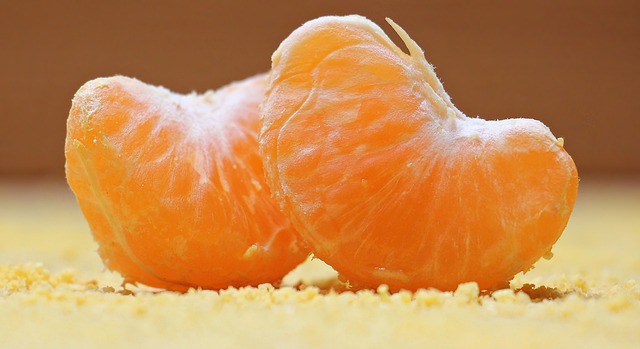Say Goodbye to Bloat: How Probiotics Can Aid Digestion
Do you experience bloating after meals? Does your gut feel uncomfortable or even painful at times? You’re not alone. Millions of people suffer from digestive issues that can affect their quality of life.
The good news is that probiotics can help alleviate bloating and other digestive problems. Probiotics are live bacteria that are beneficial to your gut health. They occur naturally in foods like yogurt, kefir, and sauerkraut, or in supplement form.
How Probiotics Work
The human gut is home to trillions of microorganisms, including both “good” and “bad” bacteria. When the balance of these bacteria is off, it can lead to digestive problems like bloating, gas, and constipation.
Probiotics work by introducing beneficial bacteria into the gut. These bacteria help to balance the microbiome, which can improve digestion and reduce bloating. Probiotics can also help to strengthen the gut lining, which can prevent toxins and harmful bacteria from entering the bloodstream.
Types of Probiotics
Not all probiotics are created equal. There are several different strains of bacteria that have different benefits for gut health. Some of the most common strains include:
- Lactobacillus: This strain is commonly found in dairy products like yogurt and kefir. It can help to break down lactose, which may be beneficial for those with lactose intolerance.
- Bifidobacterium: This strain is found in both the large and small intestine. It can improve digestion and reduce inflammation in the gut.
- Saccharomyces boulardii: This strain is a type of yeast that can help to prevent diarrhea and other digestive issues.
Benefits of Probiotics
Probiotics have been shown to have many benefits for gut health, including:
- Reducing bloating and gas
- Improving digestion
- Relieving constipation
- Preventing diarrhea
- Reducing inflammation in the gut
- Boosting the immune system
In addition to these benefits, probiotics may also have a positive effect on mental health. Some studies have shown that they can improve anxiety, depression, and stress levels.
Getting Probiotics into Your Diet
There are a few ways to incorporate probiotics into your diet:
- Eat fermented foods like yogurt, kefir, sauerkraut, and kimchi
- Take a probiotic supplement
- Drink probiotic-rich beverages like kombucha and kefir
If you choose to take a probiotic supplement, it’s important to choose a high-quality brand that contains the strains of bacteria that are most beneficial for your health.
Other Tips for Good Digestion
While probiotics can be a helpful addition to your diet, there are also other things you can do to improve digestion:
- Eat slowly and chew your food thoroughly
- Avoid overeating
- Drink plenty of water throughout the day
- Avoid processed foods, refined sugars, and artificial sweeteners
- Exercise regularly
- Manage stress levels through techniques like meditation, yoga, or deep breathing
Conclusion
Bloating and other digestive problems can be frustrating and uncomfortable, but there are many ways to improve gut health. Probiotics are a natural, safe, and effective way to balance the microbiome and improve digestion. By incorporating probiotic-rich foods and supplements into your diet, and following good digestive habits, you can say goodbye to bloating and other unpleasant symptoms.







